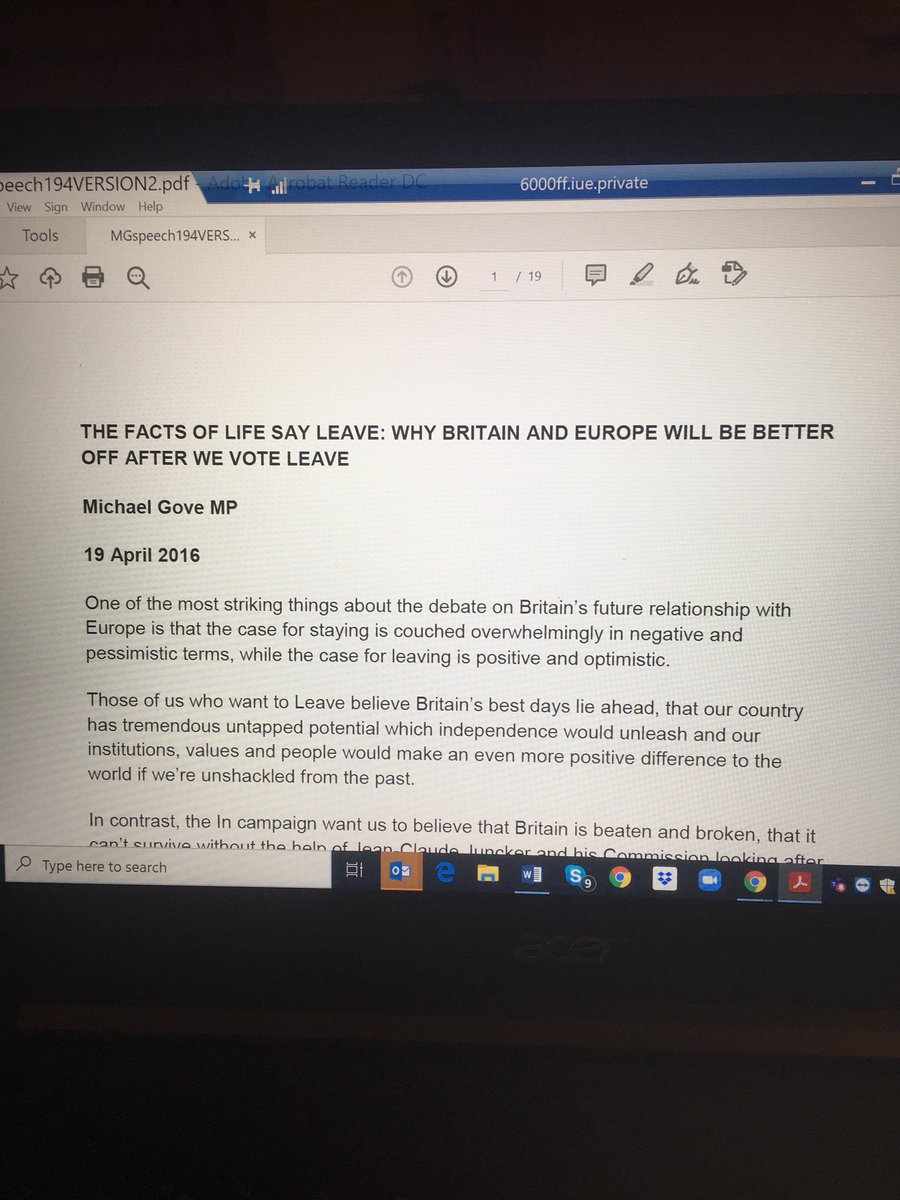
This is the second time in one week that I have to engage with something written by a British academic on their assessment of Brexit & Ireland. In this case @HelenHet20 in @NewStatesman 🧵
1. @HelenHet20 Europe’s vaccine crisis has revealed the true nature of the EU?? Ireland has been a member state since 1973, has had more refs on EU topics than any other country & thus its political & administrative elite knows & understands EU @BrigidLaffan
2. Said elite & electorate never idealised EU-small states are acutely aware of limits of their power & deploy capacity with care-the Swedes coined the term smart states. Small states understand they have to be smart. @BrigidLaffan
3. Since 24th of June 2016 Ireland has been shown unstinting solidarity from 26 EU states & EU institutions. During this time, its nearest neighbour tried to power it off the diplomatic pitch & kept thinking that It could peel Ireland off from EU solidarity. @BrigidLaffan
4. On the vaccine debacle & it was one the lesson the Irish will take is that having a seat at the table & voice matters-it took an Irish Taoiseach & Foreign Minister a couple of hours to sort this out. @BrigidLaffan
5. Assertion that Commission sees Northern Ireland as leverage is bot bourne put by the facts-Commission worked very hard led by @MichelBarnier to try to find a workable solution to border on the island of Ireland. @BrigidLaffan
6. As to describing Northern Ireland as a U.K. ‘geopolitical weakness’-well that is one way of putting it. I would rather see it as divided & vulnerable society that has experienced a traumatic violent conflict. It is not post conflict -just largely post violence. @BrigidLaffan
7. #Brexit greatly disturbs the delicate balances on island of Ireland & within Northern Ireland. Brexit was not made on Ireland & given historical context no London Gov should play politics with it & this is what @Conservatives have done @BrigidLaffan
8. As to Ireland becoming collateral damage in EU’s need to cover its own vulnerability-what an assertion!! Again misunderstands Ireland’s preferences & interests. Ireland is a member state & has always shared interest with its partners to protect the single market. @BrigidLaffan
9. Ireland may be small but it has state capacity & an ability to navigate a world of deep interdependence. Part of that is EU membership as an anchor but it is not limited to EU. @BrigidLaffan
10Might be useful to put oneself in shoes of a late 19th early 20th century Irish nationalist. If you told him/her that 100 year after independence Ireland would be a member of a treaty bound polity based on formal equality not dominated by the UK-would be seen as a great outcome
• • •
Missing some Tweet in this thread? You can try to
force a refresh




